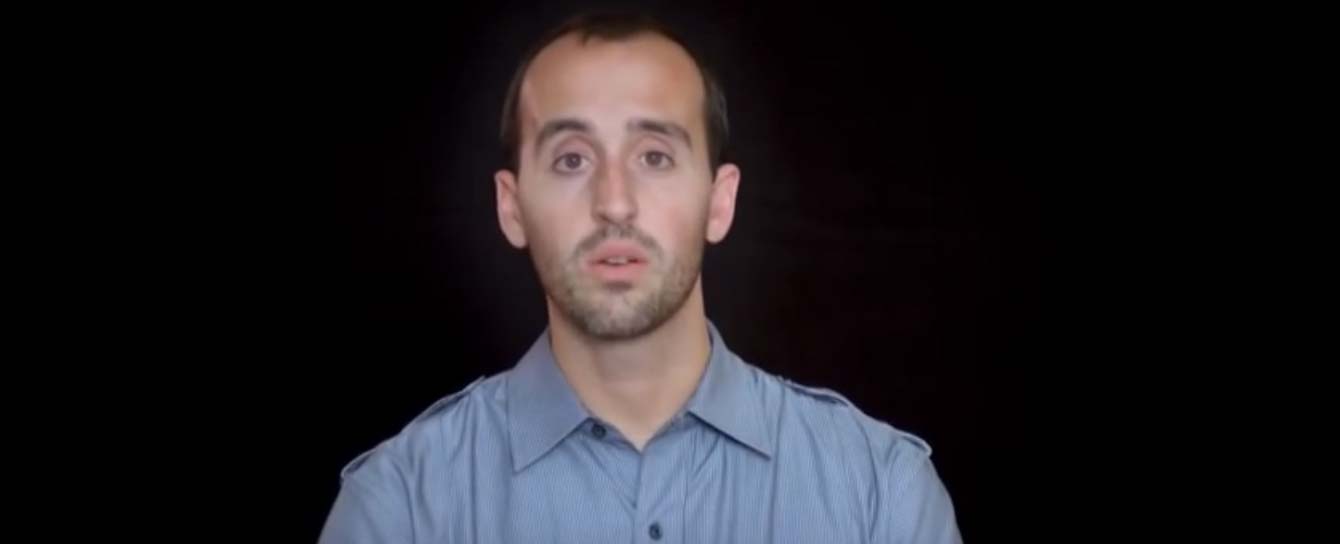What are you looking for?
Featured Topics
Select a topic to start reading.
When More is Never Enough: My Triumph Over Addiction
By Emily Pereira

Food, work, the internet, caffeine, booze, exercise, shopping, lovers… many of us grapple with addiction in some way. Many commonly ascribe genetics to addiction, but it’s actually a complex spiritual condition stemming from unresolved emotional pain. Regardless of whether it is pain originating in childhood, or another lifetime, unresolved pain shows up on the physical plane as a voracious appetite for more. To constantly need something outside of ourselves to be OK is a very legitimate state of dis-ease.
Addiction comes in many shades, and while I (maybe) didn’t look like a person who was suffering from addiction, I, too, used to be trapped in the insatiable cycle of more – that never seemed to be enough. I was young and fit, but it wasn’t enough. I had a good job and a boyfriend, but it wasn’t enough. I had a closet full of designer clothes and a home on the beach, but it wasn’t enough. I didn’t know what was missing exactly, but I still felt like I needed something more, and then I’d be happy.
The belief that more money, more work, more accolades, more food, more alcohol, more clothes, more concerts, more lovers – whatever it may be – will make us whole/better/happier is an indicator that we are in emotional pain. With this corrupted thinking, we believe we are not enough just as we are, making it very difficult to value ourselves. If we can’t value ourselves, it makes it very difficult to value anything thing else we create.
On the spiritual plane, when we’re in emotional pain, we go “out-of-body” as spirit. You may be familiar with going out-of-body from instances when you are driving and suddenly you realize you have no memory of the road you’ve traveled down for the past twenty minutes. Where did you go? If you weren’t there, who was driving the car?
Every spirit creating through physical form is innately a trans-dimensional creator, meaning we go in and out-of-body many times throughout our day. What people call “spacing out” is more accurately understood as “going out” of our physical form. When we are struggling with emotional pain, we go out-of-body more frequently because we are living in a pain body and it doesn’t feel comfortable to be in-body. What’s more, we go out-of-body to a greater degree when we ingest drugs or alcohol. You may recognize how people you know seem to have different personalities (alter egos) when they’ve ingested drugs or alcohol. This is because going out-of-body leaves our bodies open to a number of spirits who then direct through us. Just as if you were to leave your house with the door wide open, lights on, and the music blasting, some people might take up residence in your home and party down while you’re gone- the same goes for your physical form.
In other words, the sensation of lacking control, otherwise known as addiction, is a result of literally not being in-body enough to maintain ownership of your body; therefore multiple spirits direct through you, making it feel like you have an insatiable appetite for more. These spiritual dynamics – compounded with the inability to value ourselves – prompts us to feel like we need even more, sending the cycle of compulsion spinning round ‘n round and making it nearly impossible to sit still and even enjoy the present moment. As we heal old emotional pain, and cultivate our own personal self worth, it becomes easier to be in-body and present in our lives a greater percentage of the time.
Despite the our society’s vague promise that net worth equates to self worth, I discovered that the real seeds to self worth – and ultimately a much happier life – are authenticity, vulnerability and integrity. Probably much to my parents’ dismay, these weren’t attributes I emerged with from childhood. I was pretending on the pretending and I didn’t even know I was pretending. Most people don’t. They just know they want more.
So how does one go about cultivating authenticity, vulnerability and integrity?
Authenticity means being true to yourself. Not going with the crowd just because that’s the easiest way to win approval and acceptance. Taking time to truly find what lights you up inside, and not just doing what you think is expected of you from your parents, teachers, and friends. It means making hard and sometimes unpopular choices, but if you find the courage deep inside of you to do so, you’ll find the authenticity, and power, you never knew you didn’t have.
Vulnerability means expressing the full rainbow of emotions we human beings are capable of feeling, rather than just portraying a picture perfect veneer. Only when we are truly honest with others about who we really are, and what we’re experiencing, can we share a genuine heart connection. If you are being validated for an image of perfection you portray, your performance is being validated, not your authentic self; therefore, you don’t feel seen or loved.
One of the most effective ways I’ve found to get comfortable being vulnerable is to create art of any form. Art is effective in drawing out our vulnerabilities because in order to access our creativity, we must suspend our judgment, and let go of fears of what other people might say or think of us. In creating (paintings, music, writing, acting, dance) you are removing the mask you may not even know you hide behind. The more I did this, the more comfortable I got feeling exposed, and discovered in the midst of creative passion, the tell-tale signs of being in body – hot hands and feet, heightened concentration, and unabashed enthusiasm – appeared and I found myself relishing the elusive, present moment. In the throws of inspiration, there was no place I’d rather be, and the last thing I needed was more.
Integrity is being honest with yourself and others. It means telling the truth, and following through with what you’ve committed to do. Integrity is the willingness to apologize when you’re wrong and pave the way for forgiveness. A common saying amongst people healing from addiction is “you are only as sick as your secrets.” Integrity means telling the truth – even when it’s uncomfortable – even when it can get you in trouble. I grew up stretching and bending the truth because I pushed and rebelled, and when I got caught, I didn’t want to get in trouble. Sure I escaped being punished, but years later, in a never-ending quest for more, I found myself in a different kind of trouble. I had fear and shame (emotional pain) and as a result I was “out of body” and on the never-ending quest for more.
I finally resolved to tell the truth, even if my voice shakes. I committed to show up and follow through with what I set out to do; I began creating art, making music and writing. As I cultivated my authenticity, vulnerability, and integrity, I started to experience a contentment I’d never known before, and was surprised to see my addictions lose their grip on me. I still work, eat, shop, drink, love, and of course use the internet, but none of these things dictate my days or nights and rather than feeling like it’s not enough, I feel gratitude for my life and what I’ve created.
I now know the aforementioned practices were immensely powerful because they served as building blocks for what I now know as self worth. While there are certainly many different pathways to healing from addiction, I’ve found it cowers in the face of true self-worth. I realized this one day, when I caught a glimpse of myself in the mirror, and felt sincere love and respect for the woman staring back at me, and it felt really good to be in her body.


